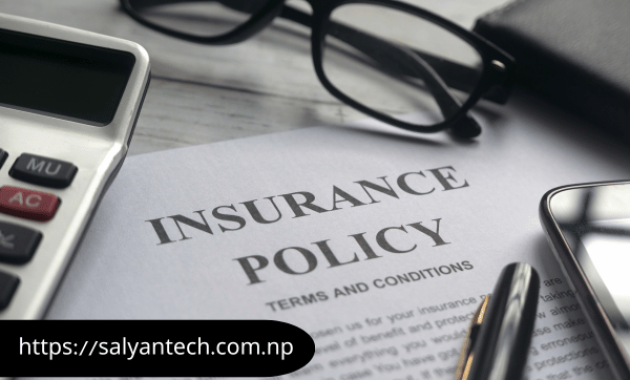Group Personal Accident Insurance Policies offer an excellent safety net. This blog post will delve into the key factors you should consider when comparing these policies.
Accidents are unexpected and can have a devastating impact on the physical, emotional, and financial health of the individuals involved. While we can’t predict accidents, we can prepare for their aftermath. This preparation often comes in the form of insurance, and in the context of organizations, Group Personal Accident Insurance Policies offer an excellent safety net. This blog post will delve into the key factors you should consider when comparing these policies.
Top Factors to Consider When Comparing Group Personal Accident Insurance Policie
What is Group Personal Accident Insurance?
Group Personal Accident Insurance is a policy that provides compensation to a group of individuals, generally employees of an organization, in case of accidental injuries, disabilities, or death. It ensures financial support for medical expenses, loss of income, and other related costs.
Key Factors to Consider
When comparing different Group’ Personal Accident Insurance policies, here are the top factors to consider:
Coverage: The extent of coverage is the primary aspect to look at when comparing policies. Ensure the policy covers a wide range of accidents, including minor injuries leading to temporary disability, and severe incidents causing permanent disability or death. Also, check if the policy offers global coverage, which can be critical for employees traveling internationally for work.
Additional Benefits: Some policies offer additional benefits, such as child education support, funeral expenses, hospital cash, or repatriation of remains. While these may not seem essential initially, they can significantly alleviate financial burdens during difficult times.
Exclusions: All insurance policies come with certain exclusions or scenarios where the policy will not provide coverage. Common exclusions may include accidents due to war, civil unrest, intentional self-harm, or participating in hazardous activities. Understand these exclusions to avoid surprises at the time of claim settlement.
Premium: The cost of the premium is a significant factor to consider. Look at the cost-to-benefit ratio—how much coverage and what benefits are being offered against the premium charged. Remember, the cheapest policy may not always be the best one if it doesn’t provide adequate coverage.
Claim Settlement Ratio: The claim settlement ratio is a clear indicator of an insurance company’s reliability. It is the ratio of the total number of claims settled by the insurer to the total number of claims received. A higher ratio indicates a better chance of your claim being settled.
Flexibility: Some insurers offer flexible policies where you can choose the coverage options that best suit your employees’ needs. This flexibility can be beneficial in tailoring a policy that provides comprehensive coverage without incurring unnecessary costs.
Ease of Claim Process: In the event of an accident, the last thing you want is a complicated claim process. Look for insurers known for their hassle-free and swift claim process.
Customer Service: Efficient and responsive customer service is crucial when dealing with insurance policies. Check for insurers who are known for their excellent customer support.
In Conclusion
Choosing the right Group Personal Accident Insurance policy is a critical task for any organization. It not only provides a safety net for employees but also shows the organization’s concern for its employees’ wellbeing. While cost is an essential factor, do not let it be the sole determinant. Look at the coverage, benefits, claim settlement ratio, and customer service to ensure you choose a policy that offers comprehensive protection and peace of mind.
Remember, insurance is about risk mitigation. By carefully comparing and choosing the right Group Personal Accident Insurance policy, you ensure that both your organization and its employees can face unexpected events with confidence, knowing they have a strong financial backup.
Read Also: Optima Tax Relief Announces New IRS Paperless Correspondence Initiative
